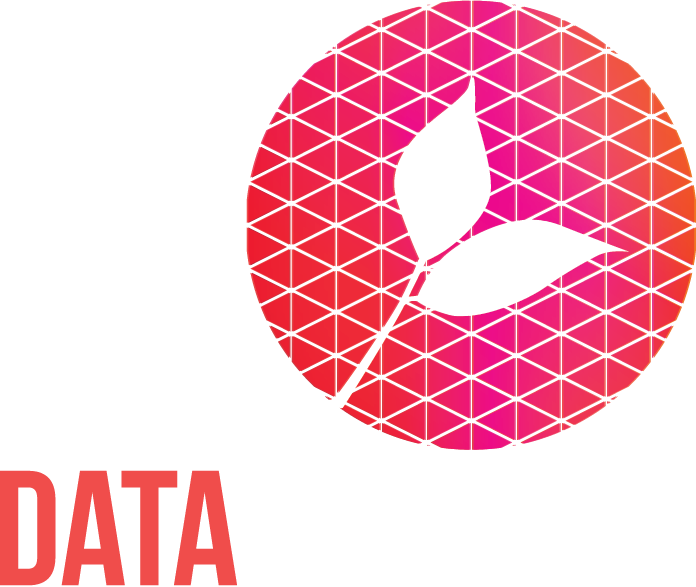A look at data skills in nonprofits
Madeleine Spinks, Co-Chief Executive
Ben Proctor, Data and Digital Innovation Director
Data skills are a relative weakness across the nonprofit sector. Of the seven themes of data maturity analysed in our State of the Sector report last year, Skills and Leadership scored lowest, and Data and Culture scored highest.
These average figures hide a great deal of diversity across the sector. In fact, Skills had the greatest range of the seven themes in our State of the Sector report. It is clear that many nonprofit organisations need to address data skills if they want to make better use of data in delivering their impact.
This was reflected in the findings of the Charity Data Skills Report 2022, which found that “Charities are still struggling with developing the skills to use, manage and analyse data. 58% are fair at this and almost 1 in 3 (29%) are poor.” The same report found that “analysing data to plan services (eg statistics, predictive modelling)” was one of the key skills gaps for the sector.
Some definitions
What do we mean by data skills? In our data maturity framework, Skills covers: Skills, Capacity, Training and Access to knowledge and expertise. In this theme we're really examining whether the organisation can marshal the skills it needs to make use of data.
Most organisations are going to look at staff and volunteers first, so it's reasonable to ask whether staff and volunteers are data literate. “Data literacy includes the ability to read, work with, analyze and argue with data”, according to Catherine D’Ignazio and Rahul Bhargava.
Catherine and Rahul created the DataBasic tools and workshop plans, which we are massive fans of. They are a very accessible (and fun) way to help staff and volunteers develop their confidence and skills around data. They are available in several languages, including Welsh (thanks to our partners Data Cymru).
Frameworks
Next, we need to ask "Do all staff and volunteers need to be data literate?" and “Is it sufficient to merely have data literate staff and volunteers?” To answer these questions, we need to look at data skills across staff and volunteers, and think about what skills people need for different roles.
The Open Data Institute (ODI) Data Skills Framework is a very helpful way to think about this. With this tool, it becomes easy to understand the set of data skills that you might need in your leadership (maybe: Leading Change, Developing Strategy and Policy, Measuring success, and Managing change/risk), and how this might be different to a Service Manager (maybe: Working ethically, Governing Access, Innovating with data and designing services).
With this framework you can also plan training programmes and spot skills gaps. If you spot a skill gap you have four main options:
accept the gap (leave it alone)
train staff
recruit someone to fill the gap
commission a supplier to fill the gap
The right choice will depend on the specific context and the level of data maturity the organisation is at. One thing that is concerning many of us working with data and nonprofits is the cost of recruiting people with higher-level data skills.
Sharing roles
This is something Tracey Gyateng from the Legal Education Foundation has been thinking about recently. She has, in particular, focused on how smaller charities could access the skills of a strategic thinker around data (a "Head of Data" role) and has a paper out for comment on whether charities could create shared roles.
Training
Where should organisations look for skills development (once they have put their staff and volunteers through DataBasic, of course)?
The nonprofit sector seems to have some way to go on this. UK Government has a training course on data for senior leaders and in Scotland the Data Lab runs courses, including a course for data leaders (not aimed specifically at the nonprofit sector). The ODI offer training too, such as Open Data in a day and Strategic Data Skills.
Where should the management team of a local service delivery charity look for their equivalent of the UK Government's Data Masterclass? I'm not sure where we would direct them right now.
Data Orchard's role
We'll be running a workshop in September asking people to bring and share their perspectives, experiences, questions and top tips on data skills in nonprofits. It's free and online, and our workshops are designed to make sure you spend most of your time talking to data folk like you.
We’ll also be publishing our latest State of the Sector report this September, looking at what the data from our Data Maturity Assessment Tool tells us about if and how data maturity changed for nonprofits in the last year. Register for our launch event to find out more.
If we want to develop the data maturity of the sector, we will need to find ways to ensure skills can be developed across staff and volunteers. It's not just about skills of course, but skills are very important.
We're very interested in understanding who else is working in this field and where we could add value. If you are working on data skills in nonprofits, please do get in touch - we'd love to hear from you.


